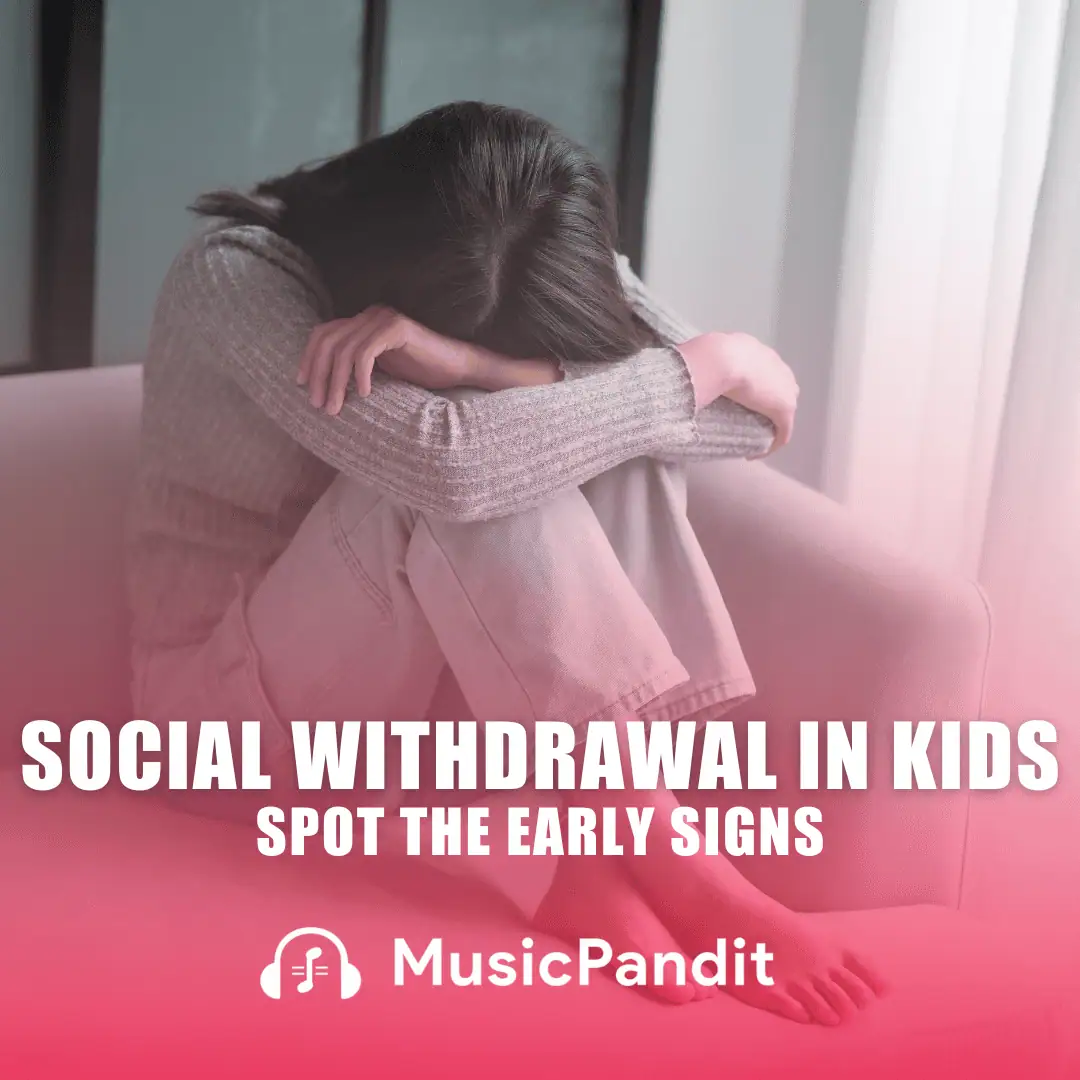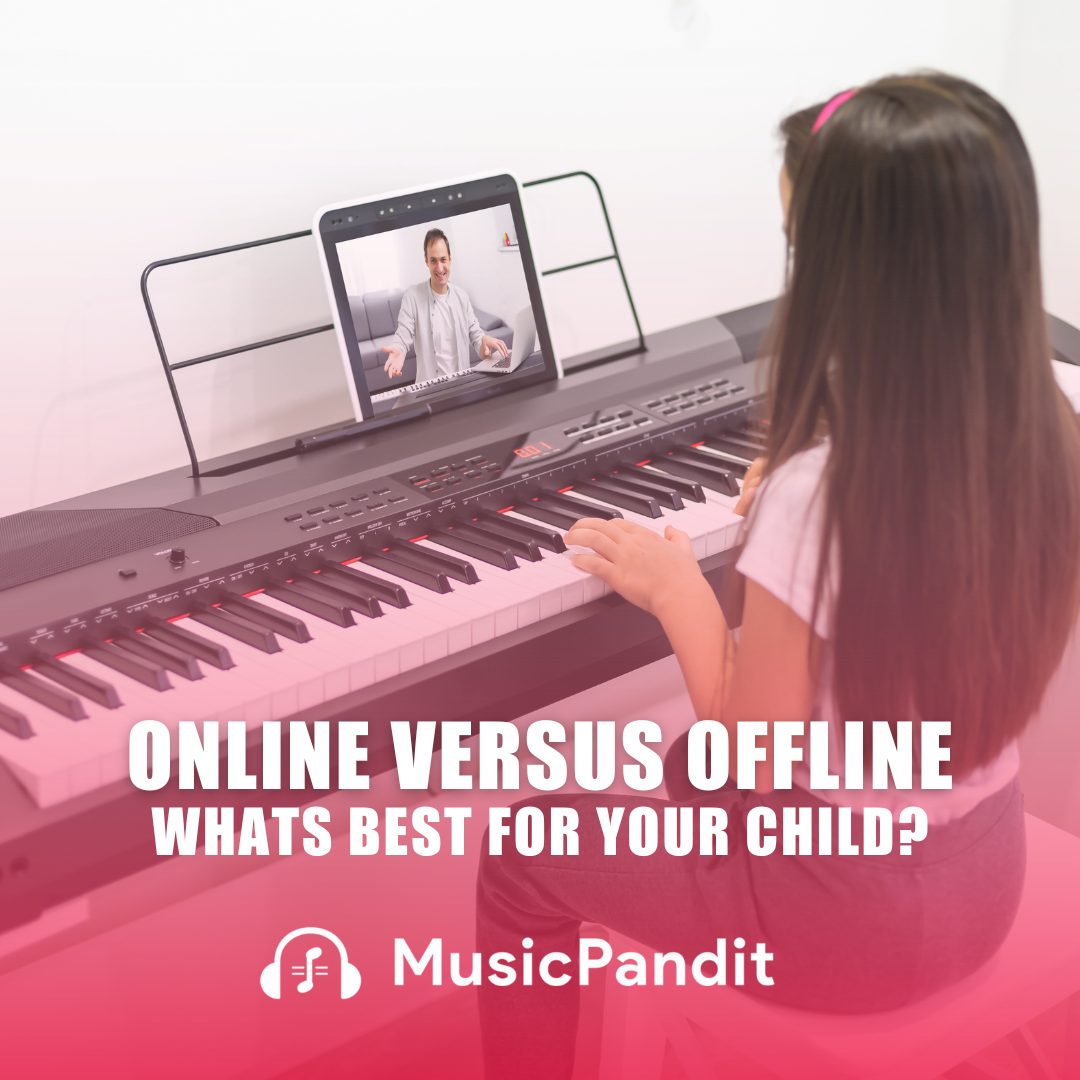Choosing the right instrument for your child’s first musical experience can be a challenge. With so many options, parents often wonder which instrument offers the best balance of fun, learning, and accessibility. To answer that, the keyboard emerges as a standout choice for young beginners. From its straightforward layout to its versatility, the keyboard not only introduces children to the fundamentals of music but also sets the stage for lifelong musical growth.
In this guide we will explore why the keyboard is the perfect starter instrument for kids, covering its educational benefits, affordability, and fun features.
1. Accessibility and Ease of Use
One of the main reasons the keyboard is perfect for beginners is its intuitive layout. Unlike other instruments, where producing a single correct note can be challenging, the keyboard offers an immediate and accurate sound with just the press of a key.
Visual Simplicity: The keyboard’s keys are arranged in a pattern that is easy to grasp. White keys represent natural notes, while black keys denote sharps and flats. This visual clarity helps children quickly understand musical scales and intervals.
Immediate Gratification: With keyboard as a starter instrument, young learners can play recognizable tunes early on, boosting their confidence and motivation to practice.
2. Builds a Strong Foundation in Music
Learning the keyboard introduces kids to three core elements of music: melody, harmony, and rhythm.
Understanding Music Theory: The keyboard is excellent for teaching music reading and notation, as its layout mirrors the arrangement of notes on a musical staff.
Developing Coordination: Playing the keyboard requires the use of both hands, fostering hand-eye coordination and independent hand movement.
3. Versatility and Wide Range of Sounds
The keyboard is one of the most versatile instruments, capable of mimicking the sounds of various instruments like strings, brass, and percussion.
Adaptable for Different Genres: Whether your child is interested in classical, pop, or jazz, the keyboard can handle it all.
Solo or Ensemble Play: The keyboard sounds great alone or as part of a band. Children can experiment with playing melodies, chords, and accompaniment, enhancing their understanding of musical roles.
4. Fun and Interactive Learning Features
Modern keyboards come equipped with features designed to make learning engaging.
Built-In Lessons: Many keyboards have onboard lessons that guide beginners step-by-step through songs.
Rhythm Tracks and Backing Music: These features add excitement, allowing kids to play along with preset rhythms and create fuller compositions.
5. Portable and Affordable Option
Parents often worry about investing in a musical instrument only to have it sit unused. The keyboard alleviates this concern.
Affordability: Beginner keyboards are budget-friendly, with quality models available in various price ranges.
Portability: Compact and lightweight keyboards make it easy for kids to practise anywhere, whether at home or during lessons.
6. Encourages Long-Term Musical Growth
Starting with the keyboard also lays a foundation for learning other instruments in the future.
Reading Both Clefs: Keyboard players learn to read both the treble and bass clefs, making it easier to transition to other instruments like the piano, guitar, or violin.
Exploration of Composition: As kids become more confident, they can experiment with creating their own music, sparking creativity and deeper engagement with their lessons.
7. Promotes Cognitive and Emotional Development
Research has shown that playing an instrument positively impacts a child’s cognitive abilities and emotional well-being.
Cognitive Skills: Playing the keyboard enhances memory, focus, and problem-solving skills.
Emotional Expression: Music offers an outlet for creativity and self-expression, helping children develop emotional intelligence.
Also Read: How Music Education Enhances Creativity in Kids
8. Parent’s Role in Supporting the Journey
Parents play a critical role in nurturing their child’s musical interests.
Encouragement Matters: Celebrate small achievements to build your child’s confidence.
Choosing the Right Keyboard: Look for beginner-friendly models with touch-sensitive keys, built-in lessons, and a variety of sounds.
Conclusion
The keyboard is a fantastic starter instrument that combines ease of use, affordability, and educational value. It introduces children to essential music skills while offering a fun and engaging way to explore their creativity. Whether your child aims to play for fun or dreams of becoming a professional musician, the keyboard is the perfect first step on their musical journey.
By investing in a keyboard, you’re not just giving your child an instrument; you’re opening the door to a lifetime of learning and joy through music.














